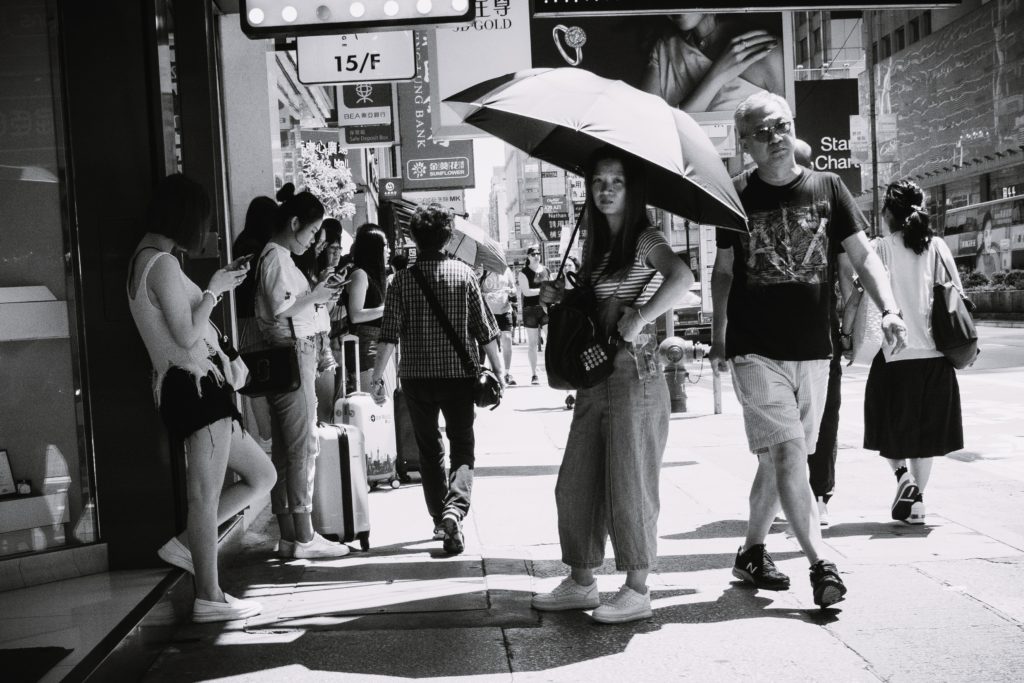
I have been talking with lots of people over the last year. Many are experiencing dehumanization of their group coming from many directions. At PTU we use the term “dehumanization” to refer to a process that some scholars call “Dangerous Speech.” It is a process in which a group is referred to as an “other”, they portrayed as less than fully human, seen as a threat that must be responded to with preemptive violence and oppression.
I have been thinking a lot about how this is working today. You may have seen this in my articles about social media.
Many groups see dehumanizing memes, messages, and videos about their community. Since they react to one of these, they see more – because the software of these platforms is written to show us more of what we pay attention to, share, and react to. So people end up seeing more dehumanizing speech about their own community than others do.
Allies might not even see these memes, messages, and videos and so don’t know to respond.
The result is that every group I am in contact with feels alone and vulnerable – even when they are not. The natural and understandable reaction here is to withdraw into our own in-groups.
Of course, the pandemic has increased this perception. We just haven’t been getting together in public solidarity the same way, with all the brief conversations that lead to phone calls, lunches, and walks.
Over the last six months I have been almost in a trance as I have meditated on, read about, and been in conversation about the dynamics that are driving us apart. Many of us are concerned about these dynamics. We see the permission being given to the notion of political violence. We see people sorting themselves into groups and gaining their identity more from their political party than our common humanity. We feel this in ourselves, our families, communities of wisdom, city council meetings, and school boards. I can’t count the number of conversations in which people feel our imperfect democracy is in danger.
Make no mistake, these dynamics could get the better of us.
But we have a choice. We can stand together in public and for the common good and contribute to a more positive future.
In the coming weeks we will begin to talk about an initiative we are working on to encourage us to once again stand together. We are working on this with partners, checking in with leaders of many wisdom traditions, and spending time in conversation with our board. We will be calling our PTU community into conversation as well, with some Zoom meetings to discuss our first drafts of our proposal.
I believe that our ancient wisdom traditions and our perceptions of our own time can help guide us through these difficult days and offer hope for each step along our paths to understanding.
Photo by Shot by Cerqueira on Unsplash
